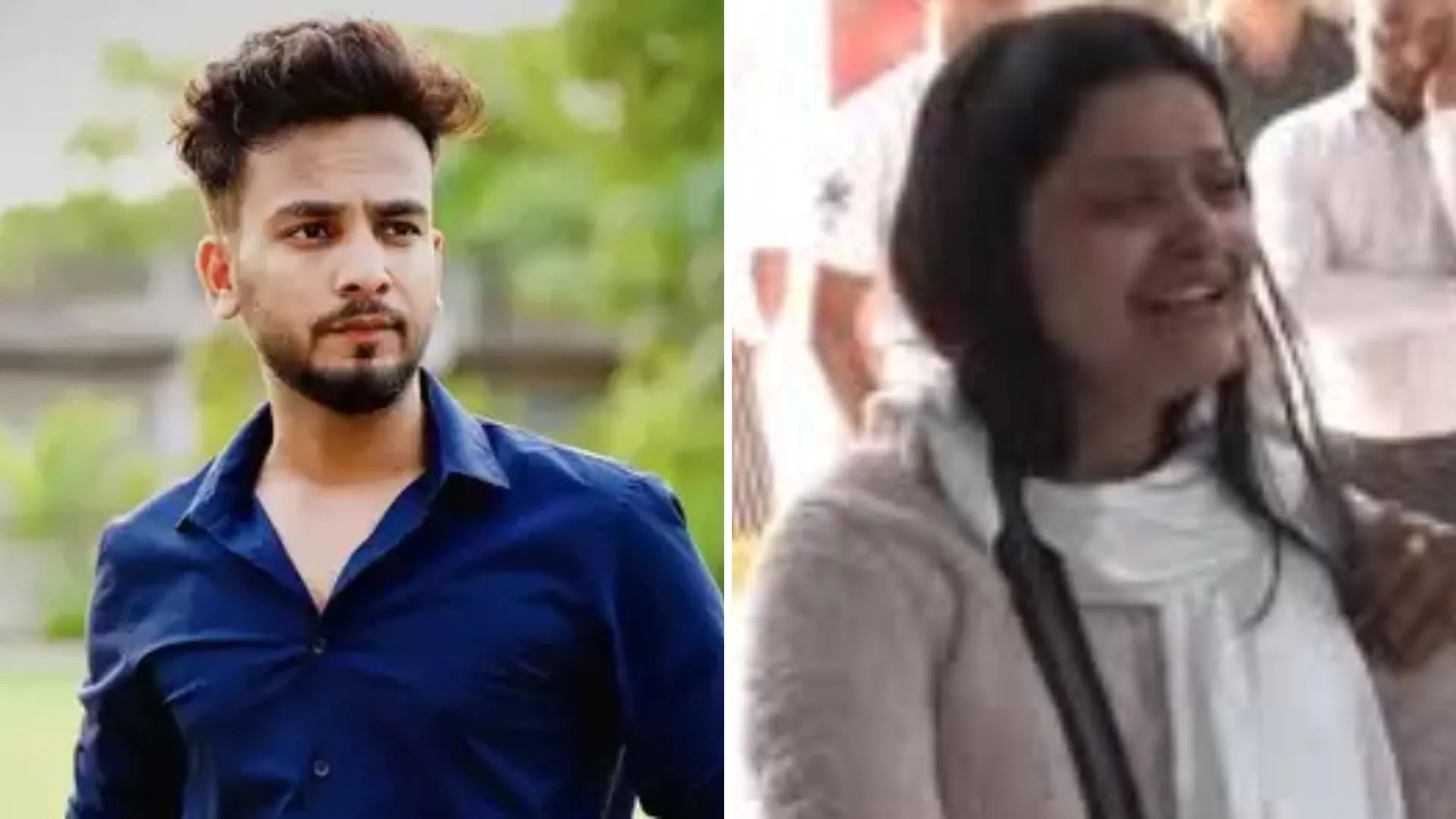Former Pakistan Foreign Minister Bilawal Bhutto Zardari has voiced his support for a renewed dialogue between India and Pakistan, urging both nations to engage in bilateral talks despite ongoing tensions. Speaking to ARY News during the Shanghai Cooperation Organization (SCO) summit in Islamabad, Bhutto highlighted the need for open communication, even as India has ruled out formal discussions at the summit.
“Why be so rigid?” Bhutto asked. “Both countries must think about having a bilateral talk on the sidelines of the Shanghai Cooperation Organization (SCO) Summit. A conversation is necessary, whether today or tomorrow. Even if it is not in the context of the SCO, both countries have to resume bilateral talks sooner or later.” His comments come at a time when relations between the two nuclear-armed neighbours remain fraught, with India continuing to insist that Pakistan address cross-border terrorism before any formal dialogue can occur.
India’s Firm Stand Against Formal Dialogue
While Bhutto advocates for dialogue, India has maintained its stance of refraining from formal talks until Pakistan takes tangible steps to curb terrorism emanating from its soil. As tensions simmer between the two countries, External Affairs Minister S. Jaishankar arrived in Islamabad to attend the SCO’s Council of Heads of Government (CHG) summit. However, any prospects of formal discussions between the two foreign ministers seem distant for now.
India has made it clear that for bilateral relations to improve, Pakistan must address the issue of cross-border terrorism, particularly in the context of the Kashmir dispute and the 2019 Pulwama attack, which marked a significant escalation in hostilities between the two countries.
Former Pakistani PM Expresses Desire for Improved Relations
Pakistan’s former interim Prime Minister Anwaar-ul-Haq Kakar echoed Bhutto’s sentiments, acknowledging that there is a “deep appetite” within Pakistan to see relations with India improve. Kakar emphasized that Pakistan’s military, political parties, and other sectors of society desire forward movement in relations with India. However, he also acknowledged the complexity of the situation, noting that any concessions could lead to criticism from opposition parties in Pakistan.
“There is no expectation that there would be a breakthrough in bilateral relations,” Kakar remarked when asked about the possibility of progress at the summit. He explained that the apprehension within Pakistan’s political establishment stems from concerns about potential backlash if overtures toward dialogue are perceived as a concession.
SCO Summit: A Diplomatic Platform, but No Formal Talks
Despite the tensions, Pakistan was keen to highlight its role as the host of the multilateral SCO meeting, portraying itself as a “confident player” on the international stage. The summit offered an opportunity for both India and Pakistan to engage with other regional leaders, but the possibility of direct dialogue between the two countries remained slim.
During a dinner reception hosted by Pakistan’s Prime Minister Shehbaz Sharif for the summit’s delegates, Jaishankar briefly exchanged pleasantries with Sharif. While the encounter was brief, it marked a rare moment of interaction between high-ranking officials from both countries in nearly a decade.
This visit by India’s foreign minister to Pakistan is the first in nearly nine years. The last visit was by India’s former Foreign Minister Sushma Swaraj, who traveled to Islamabad in December 2015 for the ‘Heart of Asia’ conference on Afghanistan.
Historical Context: Strained Relations Since 2019
India-Pakistan relations have been severely strained since the February 2019 Balakot airstrikes, which followed the Pulwama terror attack. The strikes targeted a Jaish-e-Mohammed terrorist training camp in Pakistan. Further deterioration occurred in August 2019 when India revoked Article 370, withdrawing the special status of Jammu and Kashmir and bifurcating the state into two union territories. This move was met with strong condemnation from Pakistan, which downgraded its diplomatic ties with India in response.
India has consistently maintained that it seeks normal relations with Pakistan, but has placed the onus on Islamabad to create an environment free of terror and hostility. Without meaningful steps from Pakistan to address terrorism, India remains unwilling to engage in formal dialogue.























